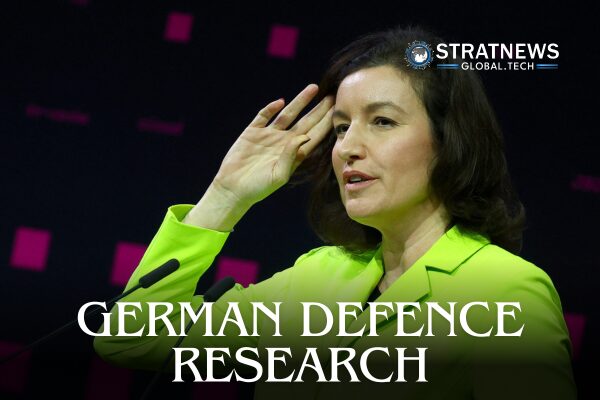German Minister Urges Civilian Scientists to Back Military Research for Europe’s Security
Germany’s Research and Technology Minister, Dorothee Baer, has called on civilian scientists to embrace the potential military applications of their work, arguing that Europe’s security and independence depend on greater collaboration between academic and defence research.
Rethinking Germany’s ‘Civilian Clauses’
Speaking to Reuters, Baer said she supported revisiting long-standing “civilian clauses” at German universities — policies that prohibit research with possible military uses. These clauses, introduced after World War Two, were designed to ensure that public institutions remained dedicated solely to peaceful purposes. However, the minister believes the global security environment has changed dramatically since Russia’s invasion of Ukraine.
“I am fundamentally in favour of reconsidering the so-called civilian clauses at universities,” Baer said. “To maintain peace today, we cannot afford to impose restrictions on thought and research.” She added that any decision to change these rules should ultimately rest with individual universities and researchers.
Supporting Start-Ups and Innovation
Baer noted that strict barriers between civilian and military research have also hindered innovation, particularly among technology start-ups spun out from universities. By allowing greater flexibility, she argued, Germany could help young companies explore defence-related applications without stigma or legal uncertainty.
Many European policymakers now view dual-use technologies — those with both civilian and military functions — as critical to building resilience against external threats. Baer’s comments come as Germany seeks to strengthen its position within Europe’s growing defence and security framework.
Space and Defence Cooperation on the Horizon
The debate is expected to intensify following the defence ministry’s announcement of a €35 billion ($40 billion) investment in space capabilities. The initiative aims to make the military the backbone of Germany’s national space strategy, blending civilian expertise with defence priorities.
As Germany moves to align research, innovation, and national security, Baer’s remarks signal a significant shift in the country’s approach to science policy — one that could redefine the boundary between academic freedom and defence preparedness.
with inputs from Reuters


